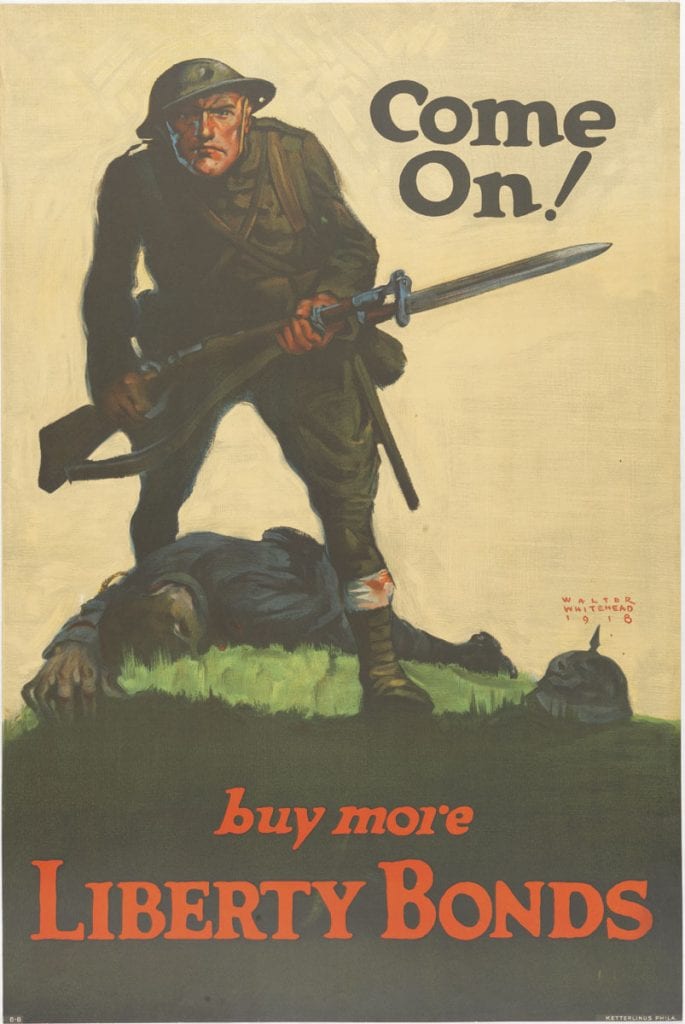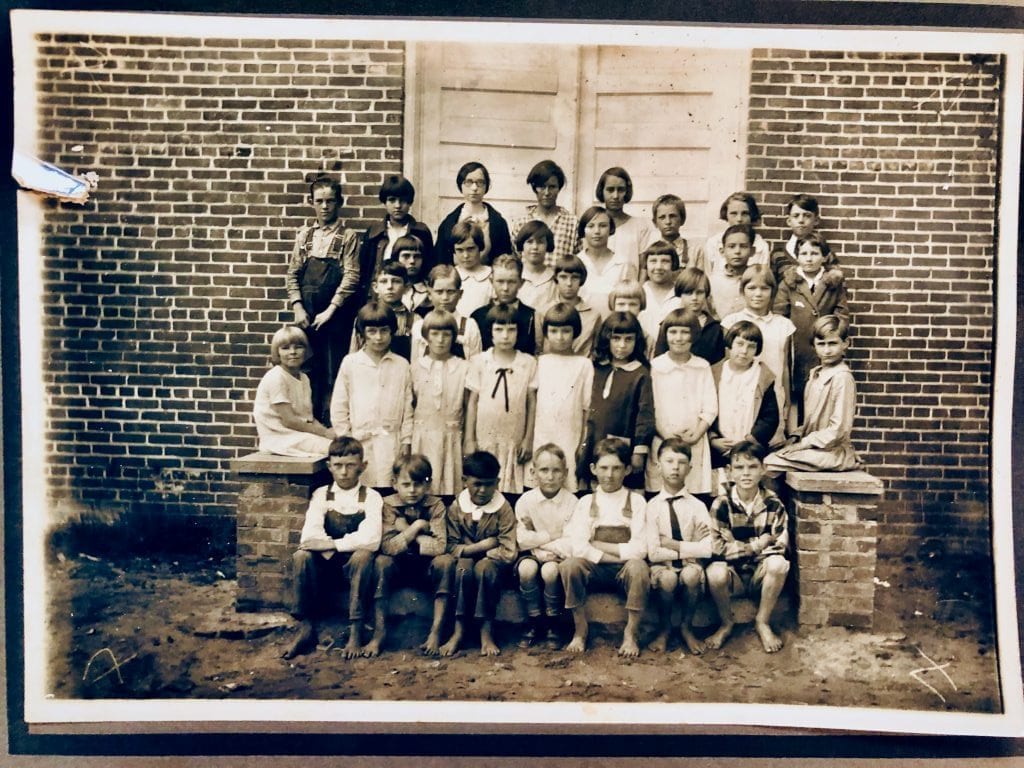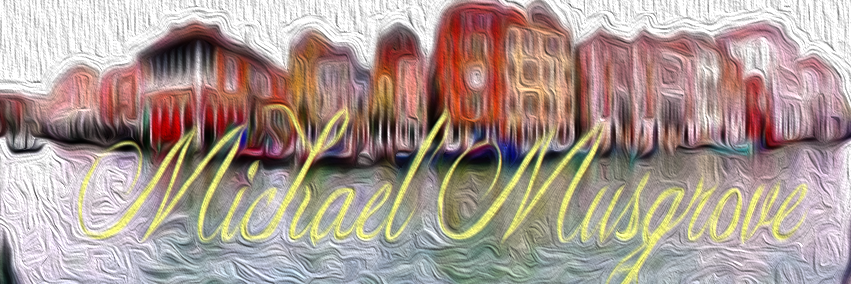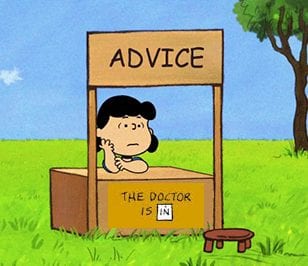Life Lesson…what number are we on?
Another valuable life lesson I’ve learned the hard way is when to take guidance from someone. And just as relevant, if not more so, is WHOM to take advice from.
In light of this post being about when to take advice and from whom, I thought a post-script prologue was due since I’m giving advice myself. Who am I to give someone advice? I dance around that question in the body of the article but I don’t address it head-on, which I think I should so I’m providing some enlightenment on that now, after originally publishing.
What are my credentials, and who have I taken advice from, and ignored? What were the results? What patterns and linear trendlines can be seen over time? I have 50+ years of life to base my advice on now. What education, people and experiences do I know and possess from which to draw upon? Talk is cheap, as I’m often reminded by others. So what substantiates my words? What evidence is there to prove what advice I give is trustworthy and not a load of puffery and utter crap? Glad you asked.
First, I wouldn’t give advice that I don’t have experience personally. I’ve put money where my mouth is in other words. Literally, and metaphorically, in terms of time(my life), which is not replenishable as is cash, and great emotion. Via blood, sweat, and tears, basically. I’m drawing my advice from roads I’ve chosen to travel down through life and retelling the results of those adventures. All journeys have some good and bad, but some are far more regrettable or fruitful than others. Some have ended in a bloody dead end. Some have opened up new paths that wouldn’t have been available by traveling any other road. It’s those that I try to impress as the ones that most valuable so that they can most easily be recreated by others. Especially my young daughter as she grows. She has the whole world ahead of her, and I write these words to her as my audience. I want her to be able to lead the most fulfilling, fruitful, happy life possible, and avoid the many regrettable, and avoidable, wastes of time, slums and heartbreaking dead-ends that I have. Either by having to forge my own path or being told to go down them by someone else who I shouldn’t have listened to. So a lot of this advice has been gained through hindsight. which is 20/20, and if you don’t know optometry, it means perfectly clear. I’d call that trustworthy.
A lot of the advice I have has been gleaned through the battle of life, which I have the scars to prove I’ve engaged in fiercely. Both physical and emotional. In the first part of my life, I was allowed to explore the world rather freely when that was a lot safer than today. I’ve always been curious, and loved nature and figuring out how things work, so I have always been turning over logs, looking under rocks, pilfering through books and closets, digging through boxes, inspecting animals and natural science as closely as I possibly could(which was scarily close), finding out the inner workings of everything, and never sitting still. A trait my daughter shares.
As a result, I’ve been to both the emergency room and to therapists more times than any average human will. The emergency room visits were to fix broken parts and stitch up wounds, and therapists to do the same emotionally, when my heart and mind were attacked out of nowhere by mental grizzly bears. Those visits were the result of my ex-wife’s personal pursuits and a hereditary issue that I’ve learned to cope with better than the vast majority that shares it. That came at a great financial cost as well some others but was worth every penny and more. So I’ve spent lots of money and time on one-on-one consultations learning when and how to take advice from others, and what to do with it. That gives me lots of psychological armor and a treasure chest to draw from when giving advice, which few people have.
I’ve had the immense and rare fortune to have been surrounded, befriended by and have as close friends people that are either exceptional themselves and, usually, are the products of exceptional parents, who give their time to me. That’s part of what makes them exceptional.
My mother’s father was the most exceptional man in my family and I’m grateful to have been able to spend as much time as I did growing up, even though at the time it was the last thing a young boy wanted to do. The lessons I learned from him were valuable and steered me through life in a positive direction when the odds were against me. His daughter/my mother died when I had just become a teenager, and he died when I was in my early 20’s. I never had a chance to fully appreciate him. And for all he did for me, my father never developed a relationship with him. On the contrary, he kept him as far away as possible as he does with anyone that doesn’t fully enable his want to be inert.
I went to a boy’s boarding school in Virginia where I met and became close friends with many young men who were taught as I was what honor meant and how to become a young man of character. That meant not lying, cheating or stealing, valuing scholarship, treating women and elders with respect, valuing comradery and teamwork, how to be a leader, how to be humble and a lot of other characteristics that aren’t taught much anymore by fathers, single mothers, or anyone at all. Most women aren’t taught these traits at all, which turns them into some rather unpleasant people, I’ve learned also the hard way. They may tell you they have them, but as I’ve said, talk is cheap. Reading a book doesn’t give you these traits, unfortunately, any more than just saying you have them does. Actions show what you’re made of. As does inaction.
I was able to spend a lot of time with the fathers of these exceptional boys I made as friends. My own father came to campus once while I went to school there, which was to my graduation, with my grandfather. The only other time to drop me and my things off the very first day I went there to begin attending and quickly left. So on weekends, I was able to leave campus I went to friends’ houses and saw how these exceptional boys were raised. And what their dads were made of, which was often some impressive stock. Leaders of their towns and cities, self-made men who remained humble, titans of industry, people who influenced this entire country in some way, or owned a great portion of its land, lots of military officers when young men themselves who fought in actual wars, and men who earned and deserved great respect. Many had families with 5, 6, and 8 children they helped raise. Just incredible weights they managed successfully. And of course, they had strong marriages with strong wives at their sides. All of them had endured tragedies. The loss of a child, or sibling at an early age or an event that strengthened them it seemed. Yet they persisted, never stopped fighting, kept their eyes on prizes and led lives that made you say “wow.” These were guys that I took a lot of cues from and tried to hang around with my mouth open at their achievements. But of course, they had their own families and lives to lead. But their advice was and remains solid.
I took their advice, which led me to places a lot of people wouldn’t be able to go. And I also took advice from people that didn’t have any credibility. I was too young and inexperienced to know it at the time, so that’s where I spent a lot of time learning by trying and failing and having to teach myself through wasted time and hard knocks. It feels a lot like a rat trying to complete a maze. There’s no plan. And you always need a plan. That part wasn’t mentioned by anyone.
I’ll provide some examples of receiving poor advice, or even no advice when some were needed that resulted in a lot of lost time and money and emotional strife which was all unnecessary. I was allowed to choose whatever college I wanted to go to. I chose the most expensive, farthest away from home and one that assured I would have no one to help guide me. A terrible mistake that should have been avoided. I then had to put myself back on the right track and go to a school I was accepted to before, cost all four years what 1 year at the private school I originally chose cost, and had people that could help guide me better. I needed guidance and advice. And I got advice but it was all bad advice steering me in the worst directions.
Upon graduation, I didn’t know what to do. My friends all were going to grad school, which was never really something mentioned to me. I took the LSAT, but that was from my own curiosity, not anyone helping guide me. Those that didn’t go back to extend their education went to work for their dads or had jobs lined up by their families. So I turned to family for guidance as well.
That consisted of 4 people. 2 who had been given jobs by family or a friend and had since dropped out of the workforce never to really return. So their advice was to find someone that would give me a job, rather than find a way to earn a job by getting the skills needed to convert them into a situation where I could be paid for my skills and education and experience, which I had quite a bit of by my own effort. I worked at a law firm for 4 years through school and had a degree in hand and was no slacker. On the contrary, I was hungry and ready to get the ball rolling full-pace.
The other two were an uncle and more of a friend of the family, than an actual family member, but a very close friend of my family’s, and remains so. My uncle, who I always admired for his assertiveness, style, and a quick brain, was an angry man who couldn’t offer much to me. No hard feelings. For some reason, I always got where he was coming from, and I certainly can understand it now, better than ever and anyone was ever able to explain it. I don’t believe he’s still alive, but he was a memorable character in my life, the few times he was present. That probably can be said about him in any room he ever graced. He had an intensity and passion that was enviable. He would have made a wonderful actor.
The other person was a man who was given a political position as a favor and parlayed it into a lifelong career and income stream. The president he worked for is still alive, at age 95. He also got my aunt her most memorable job in the 1970s, which is how long ago I’m reaching for help for professional advice. I realize I was asking them the wrong question, which was “how do I get a job?” What I meant to ask is “how do I EARN a job?” not “how do I go about someone giving me a job, as you did?” Because the advice I was always given had to do with finding people to GIVE me jobs, not how to go earn one with my skills, education, and experience, which is what it really takes to remain employed. I have gotten lots of advice about employment from people that A) have no job and B) have never earned a job and C) managed to keep a job. That has led to years of floundering around. I took the wrong advice from the wrong people. And to this day, there are people always willing to give advice about that who have no business doing so. It’s more harmful than helpful, in fact, although their intentions are good. Good intentions often pave the pathway to Hell. (END: prologue)
As an only child, I didn’t have older siblings to watch and learn from. And from my early teen years on I didn’t have a mother to provide advice. And the father I had only offered advice to do as he said, and not as he did, which was advice that was half-right, but hardly anything anyone who knows him couldn’t figure out on their own. I did have a grandfather who was successful by a number of measures, depending on whose measures you used, and he probably gave me the most consistently good advice. Which normally was contrary to the advice I received from everyone else willing to provide it. Turns out he was right far more than anyone else has been. I’ve had to figure out life for myself while watching my friends be ushered along by men and family who knew what they were talking about. I state that from an envious but realistic podium. I am far happier to have the opportunity to know such people and they not be among my counselors than not know that such wonderful people even exist.
When you learn my grandfather’s life story, that shouldn’t come as a surprise because he didn’t have an easy time growing up and had to learn lessons the hard way. (Which a lot of people think they do, and even though they may have had a hard time, the part that matters is learning from the lesson and acting upon what you learned in a positive way. Don’t repeat your mistakes is a lesson a lot of people may learn, but they refuse to act upon it, for example.)
My mother’s father was the son of middle-eastern immigrants who moved to the American South and was born in North Carolina, I think, in 1919 with plenty of brothers and sisters, whom I never even met and he never talked about. Not an easy time for that ethnicity in the rural South, or the US for that matter. He settled in southern Georgia. A lot of turmoil and big changes for our country awaited culturally, economically, politically and technologically. And in medicine. Polio was a real thing. Life spans were relatively short. Life was a lot harder then versus today where we have anything we want, usually immediately within arms reach and if not, within a day, as promised by Amazon on our smartphone, which is always within arms’ reach. If you wanted something then, you usually had to go out and make it or make the hard-earned money to get it for yourself, no matter what age you were. People grew up having little, and houses and living situations would make Americans plead absolute destitution by today’s standards.

I have a school photo with my young grandmother and her schoolmates and most of the kids didn’t even have shoes. And the girls all used the same chili bowl for their haircuts. Clothes were handmade and handed down. Radio was the entertainment, for those who had the time and money for such a luxury. Illiteracy was rampant. Women had few opportunities in life, and forget it if you were black. Christianity provided much-needed hope and salvation to most of America. That’s been replaced by the government’s lifelong politicians’ empty promises and celebrity entertainers fighting for the lowest common denominator to make a buck today it seems. We’ve exchanged many forms of actual poverty for cultural poverty, and many people, although having many material possessions, still live paycheck to paycheck and carry huge loans for years and years for everything they “have.” No one admits it though. If you ask around, everyone pays their fair share in taxes and “works hard” for what they have. Both being completely relative, of course. Half of America doesn’t pay any income taxes, and many receive “credits” in fact.

But everyone has their own story to tell. And the topic of this post is a study in what stories to listen to, and give credence to, and how those stories relate to instruction that those same people may want to give.
I’ve chosen to live my life to a large extent differently from a lot of society, in that it’s been a true roller coaster ride. I believe I inherited that “desire” to embrace risk more than most and that trait has lead to some very tall highs and very low lows and twists and turns with no idea what lies around the corner, from day to day in some cases. It’s not a life many people are built for or want, which is normal. It isn’t anything to take pride in or shame. It’s what makes life what it is.
What’s largely contributed to this style of living has been looking to people for life guidance that I probably shouldn’t have, and took it when I shouldn’t have. But that’s easy to determine in retrospect and paints those people in a dim light, which I don’t mean to. Their hearts have always been in the right place. They just have given consistently poor advice based on their own life experiences. And I was too young and immature to realize it, and looking for answers for, what was at the time, the present. I’ve had to live my life by trial and error, which is a method I don’t recommend. It’s an expensive way to live in terms of resources. Especially time, which unlike money is a resource that cannot be replenished. It’s the exact reason why I write these lessons down. And many of my lessons have come with great hurt, which still lingers. I have several family members that have tried to help guide me based on their own life paths, which was appreciated but led nowhere. That’s because everyone has their own goals and path to travel. And when you’re young you can’t see how people arrived at the places they did in life, which is often a different story than what they would have you believe, I’ve learned.
One of the finest bits of advice I’ve been given is to not judge a man before walking a mile in his shoes. It’s something we hear enough, but I’m not sure people really take it to heart because I’m judged all the time by those who couldn’t possibly walk a mile in my shoes and even if they could, it’s clear they haven’t before forming their judgment of me or others. I don’t mind being judged at all, because as I often state, I live my life as an open book for people to judge. It keeps me honest and able to work on critical areas of weakness. No one’s perfect, and certainly not me. Some people can’t even admit that, and they’re the ones who judge others the most it seems, and usually wrongly because they tend to reflect their own imperfections onto me. Known liars want to call me a liar, for example, which is something I definitely avoid doing. And Christians will tell you the Bible states not to judge others while at that very moment they’re making (often false, or at least uninformed) judgments about you. And so it goes.
Judging others is something we do as humans, and it’s hard not to do. And I’d argue it’s necessary to a degree for self-preservation and safety. We learn to recognize danger signs when in a situation or around strangers that may present a danger. That’s exercising “good judgment.” And the same goes for being able to recognize when other may endanger us in more subtle ways, like with toxic personalities or a tendency to suck the life out of people for their own purposes, or maybe they’re just narcissists and selfish people, that will end up hurting you badly and not think a thing of it. It’s said to not cross an ocean for people that wouldn’t cross a puddle for you. Idealistically, that wouldn’t be true. In reality, it’s probably better advice than you know. I’ve crossed oceans for people that wouldn’t cross a puddle for me, and I was left out of breath, life and vulnerable, while they sat dry and safe on a high perch looking the other way.
So, who and what advice should we listen to? In the heat of the moment, it’s not always clear. Do we turn to religion? Family members? Therapists? Our dogs? Our significant others? It’s not who we have learned to trust. Although that sounds counter-intuitive, it isn’t. We want factual, unbiased advice, and family or boy/girlfriend aren’t unbiased. Religious figures such as our reverends and priests aren’t unbiased either because their advice will naturally have religious undertones of their denomination and religion, and in many cases provides more false hop and places serious situations in the context of prayers and thoughts, which may be comforting, but hope and thoughts of others don’t pay bills or help make crucial life choices.
The lesson to be learned here is to take everyone’s advice and weigh the impact that it’s likely to have individually and/or in conjunction with other advice and your own life experiences. Play out a least likely scenario, a most-likely scenario, and a best-case scenario. Writing them all down isn’t a bad idea to look at them across the board and next to each other. If able, sleep on it. Your mind does magical things when you allow it to do it’s thing while you’re asleep and coming to a problem with a fresh perspective works. Even walking away from a problem for a while is better than nothing.
These days we have the “advantage” of going online for explanations. While tempting, that’s a method that could lead to even bigger, or at least more, complications. No one cares more or knows more about your dilemma than you do, and assuredly not anyone on the internet. Except for the sole exception, which is this post.


